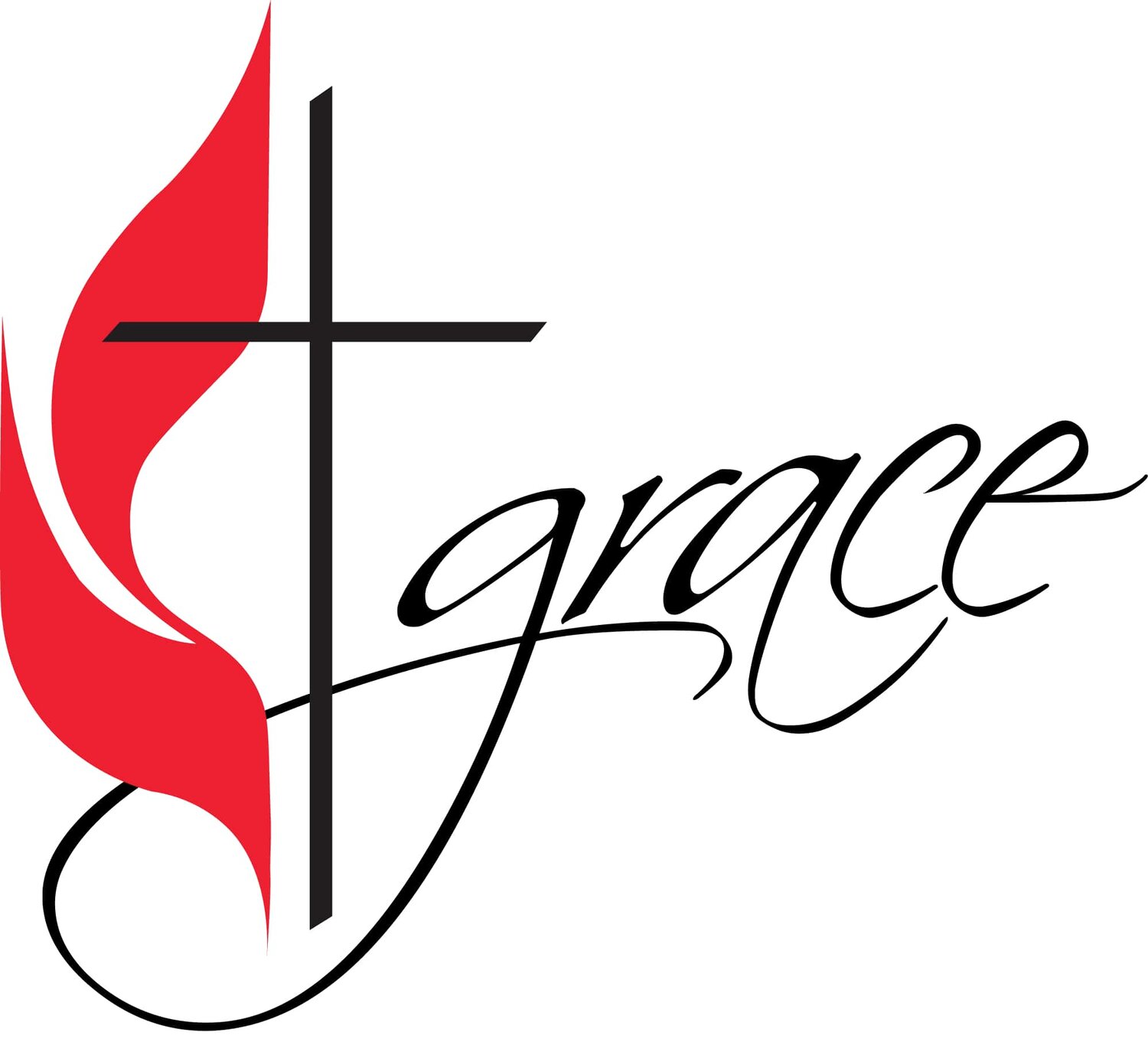Sticks and Stones
“Sticks and Stones may break my bones, but words will never harm me!”
A childhood chant that many of us were taught to say when teased or attacked with hurtful words by well-meaning parents; but so far from the truth.....
Words matter and how we use them matter to the people on the receiving end of what we say.
When we use words to hurt or put down groups of people based on their differences from us, we cause harm and bear bad fruit. “The good person out of the good treasure of his heart produces good, and the evil person out of his evil treasure produces evil, for out of the abundance of the heart his mouth speaks.” Luke 6:45
With that in mind, I would like to provide for us a glossary of acceptable words and phrases to educate, so that when we speak about people who are LGBTQ, we are able to do it with respect and grace. This is not an exhaustive list of terms but a good place to start.
Lesbian (Adj./N.)
A woman who is attracted exclusively (sexually, emotionally and romantically) to other women.
Gay (Adj.)
Attracted exclusively (sexually, emotionally and romantically) to the same gender. Historically used only for males, but increasingly used also for females.
Bisexual (Adj.)
Attracted to both males and females, but not necessarily at the same time, in the same way, or to the same degree.
Transgender (or Trans). (Adj.)
Describes a person whose internal sense of gender identity does not match the sex assigned or acknowledged at birth.
Queer/Nonstraight (Adj.)
Umbrella term referring to individuals who are not straight (exclusively attracted to the opposite gender) and/or who experience a level of discomfort with their birth gender. Queer is a formerly derogatory term that has been presently reclaimed as an empowering identifier.
Questioning. (Adj.)
Unsure of the exact nature of ones’ own gender identity and/or sexual identity, and thus unable to confidently identify by a particular sexuality/gender label in the present.
Intersex. (Adj.)
Having been born with biological sex characteristics (organs and genitalia) that do not correspond with the typical notions of male or female bodies.
Asexual. (Adj.)
Experiencing minimal to no sexual attraction to any other individuals. Asexual people can experience a range of romantic inclination, from none (aromantic) to some (gray-romantic) to full (romantic).
Ally. (N.)
A person who is not LGBTQ+ but who has progressive social, political, and/or theological view points and affirms the validity of others’ sexual orientations and gender identities.
Pansexual. (Adj.)
Attracted to people not limited by the people’s biological sex, gender, or identity. People who are pansexual do not view gender as limited to just male and female.
Genderqueer. (Adj.).
[Also: gender nonbinary, genderfluid, gender non-conforming, pan gender, androgynous, androgyne and two-spirit]
Not conforming to or identifying with typical notions of masculine or feminine appearance, roles, traits, or identity.
Gender Dysphoria. (N.)
The experience of distress associated with the incongruence wherein one’s psychological and emotional gender identity does not match one’s biological sex. Conversely, a person with no or low gender dysphoria is said to have gender coherence or gender congruence.
Transition. (N.)
A process of bringing one’s gender presentation and/or sex characteristics into accord with one’s internal sense of gender identity. May involve use of hormone therapy and/or surgery.
Homosexual (Adj./N.)
Outdated or offensive term to describe someone who is attracted to the same sex/gender.
Same-Sex Attraction (SSA)
A term used by people attracted to the same sex who are uncomfortable with their orientation and consider it to be sinful. They say they struggle with SSA.
Straight/Heterosexual. (Adj.)
Attracted exclusively (sexually, emotionally and romantically) to the opposite sex.
Cisgender. (Adj.)
Describes a person whose internal sense of gender identity corresponds with their birth sex.
Acceptance
An honest and full acknowledgement of the reality of a situation: a love toward someone as they are, not as one would like them to be.
Affirming
Going beyond acceptance to approve, support and encourage a person’s living authentically in their sexual orientation or gender identity.
Coming Out
When a person shares with other people their sexual orientation and/or gender identity. Originated from the phrase “coming out of the closet.”
Outed
When a person’s orientation or identity is revealed by another without their consent.
Homophobia/Transphobia
A fear of LGBTQ+ people that triggers thoughtful or hateful ideas about their personhood, intentions, faith, conduct and character. These attitudes often arise from not personally knowing anyone who is LGBTQ. They are typically based on inaccurate ideas leaning heavily on cultural stereotypes rather than on facts.
Have questions about any of these terms? I’m happy to talk with you about them. I’m not an expert but I’m happy to engage in a conversation! Also watch this space for info about coming events presented by Gracious Reconcilers.
Peace,
Merryl Dietz
February 24, 2021

